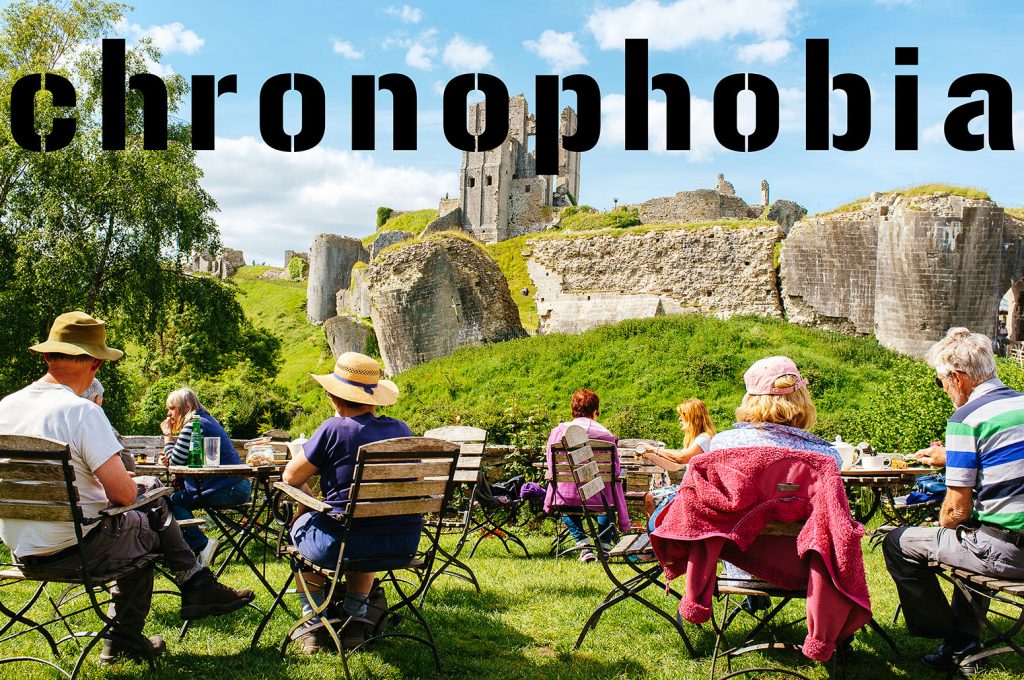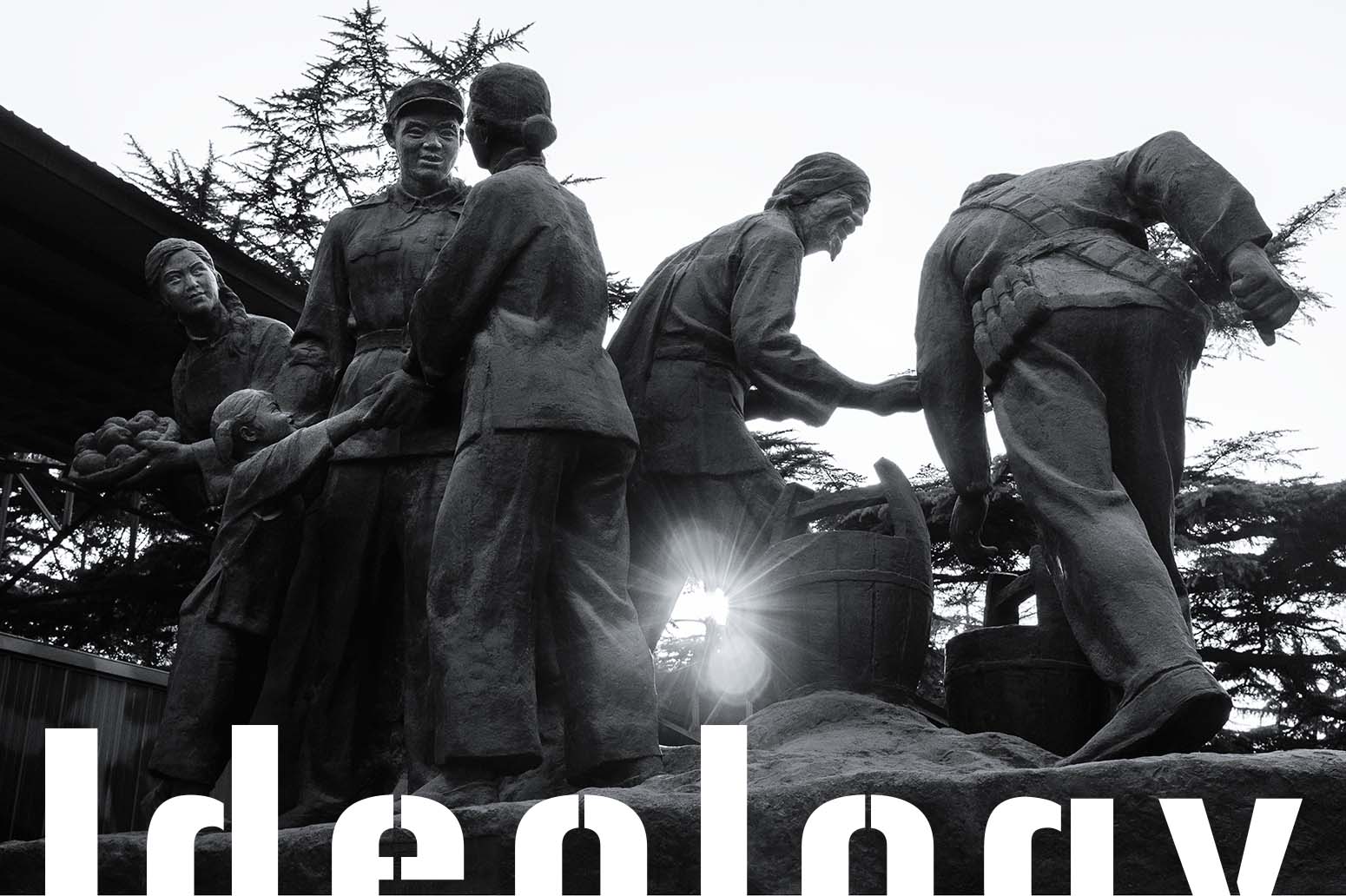
In this post I am going to consider the of semiotic genre of; ‘symbol’ for its emphasis on semantics or the signified / signifier, denotation / connotation relationship rather than what I perceive to be the more arbitrary general aesthetic or subject classifications of ‘landscape’ and ‘people’, for example. In this post I give an explanation of the symbolic.
The transformation that shifts the indexical into the iconic can also carry the iconic into the symbolic, which is the third category of sign devised by C.S.Pierce. As was stated in my previous on the post, the iconic presents a relationship of resemblance between signifier and signified, sign and object. The symbolic presents one that necessitates translation. The symbol neither points to nor resembles what it stands for. (Scott 1999)
The symbolic code is one of language and the more the visual becomes reliant on the language system the more it is carried over into the symbolic and hence into the semantic. Not ‘What is it?’ but ‘What does it mean?’ From this point it may become increasingly abstract. (Scott 1999)
When the signifier does not resemble the signified and the association must be arbitrary and require learning e.g. the western alphabet, as opposed to the Japanese form of presenting alphabetical characters which are pictorially based and therefore more iconographic.
Because the symbol is linked to the subject by culturally specific convention or more arbitrarily by personal / artistic association, I can use the resonance of metaphor to anchor philosophical, existential or political meaning on a representation of an apparently arbitrary world.
In the photograph titled ‘Little England’, an almost uncomfortably saturated colour image, I have presented a pleasant English scene of middle aged couples (mostly) enjoying afternoon tea. They are all oriented to face the view of a ruined castle (and we all know the Englishmen’s home is his castle and hence contributory to his / her sense of national identity). The seemingly solid structure has weakened and fissured, decaying in testament to the fears we have for our ideas of civilisation; however localised and idealised; and the wish we could turn the clock back to the ‘halcyon days’ we are being robbed of by the ‘other/s’.
